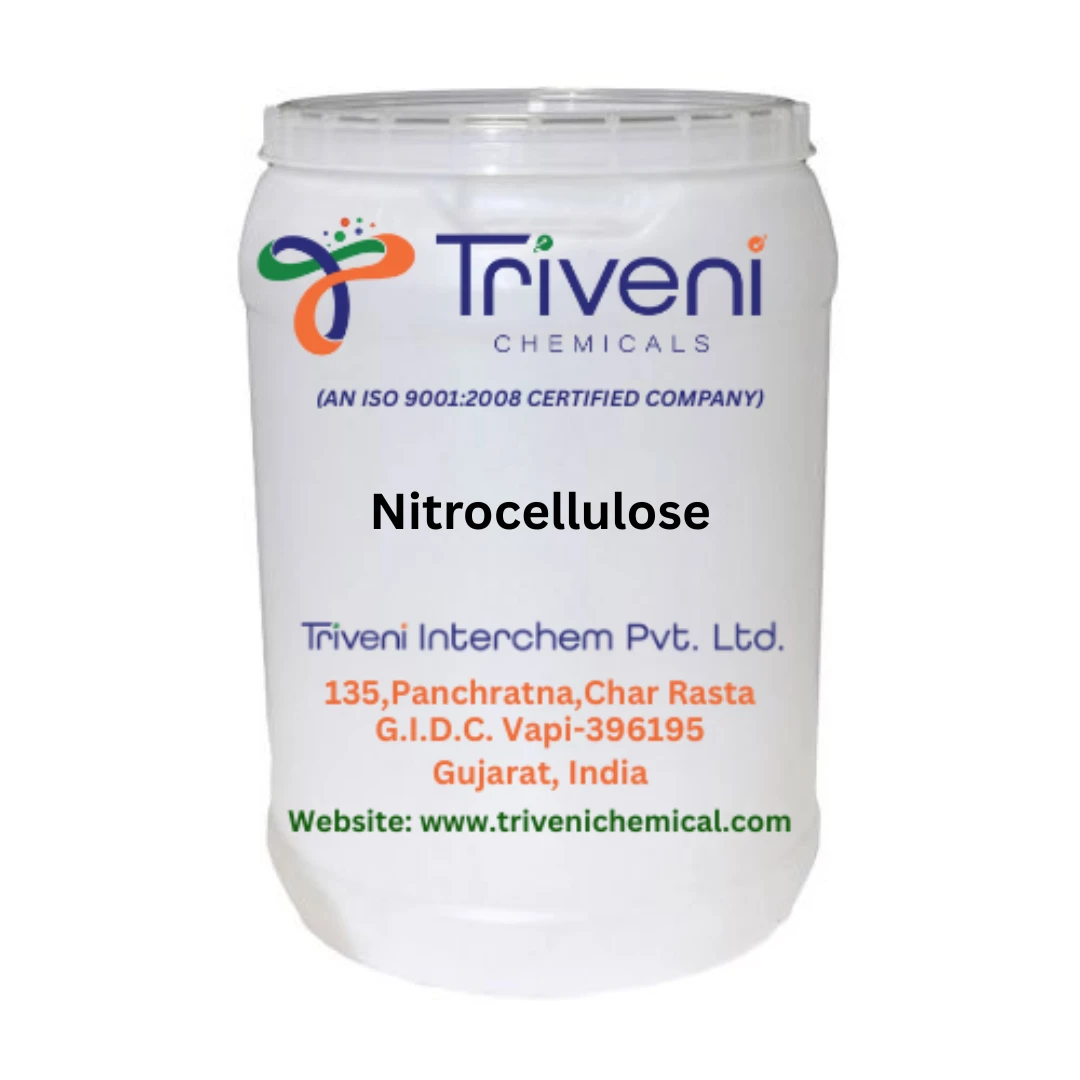For millennia, people have used lacquers as a form of finish or coating to beautify and safeguard diverse surfaces. These coatings are typically made of a resin and solvent mixture that, when used, produces a tough, glossy, and long-lasting surface. From woodworking and furniture production to automotive and industrial coatings,..
For millennia, people have used lacquers as a form of finish or coating to beautify and safeguard diverse surfaces. These coatings are typically made of a resin and solvent mixture that, when used, produces a tough, glossy, and long-lasting surface. From woodworking and furniture production to automotive and industrial coatings, lacquers have found broad use in a number of fields and uses. The capacity of lacquers to give a high-gloss finish, which can significantly improve the aesthetic attractiveness of a surface, is one of their primary qualities. The resin molecules in the lacquer align and harden as the solvent evaporates to produce a smooth and reflective surface, giving the finish its glossy appearance. Because of their appealing properties, lacquers are frequently used to produce sophisticated and eye-catching finishes on furniture, musical instruments, and ornamental items. In addition to being beautiful, lacquers provide excellent surface defense. A strong and long-lasting barrier that protects against moisture, chemicals, and everyday wear and tear is formed by them. Lacquers are a popular choice for coating and preserving wood, metal, and even some forms of plastic because of their protective qualities. For instance, lacquers are used by automotive manufacturers as part of their finishing procedure to give automobiles a shiny and protective surface. There are many different ways to apply lacquers. They can be used in a variety of ways to apply different finishes and thicknesses to surfaces, including brushing, spraying, and dipping. Additionally, lacquers can be colored or clear, providing additional customizing choices to accommodate different design tastes. Lacquers provide many benefits, but there are also certain things to keep in mind. During the application process, they may release volatile organic compounds (VOCs), which could have negative effects on the environment and human health. As a result, there has been an increasing tendency toward the creation of water-based or low-VOC lacquers as better alternatives. In conclusion, lacquers are multipurpose, often applied coatings that combine aesthetic appeal with superior surface defense. Their durability and capacity to produce glossy surfaces make them valuable in a variety of sectors, from the production of automobiles to carpentry. However, as the business continues to develop toward more sustainable solutions, it is crucial to be aware of their environmental impact and take alternative formulations into account.



